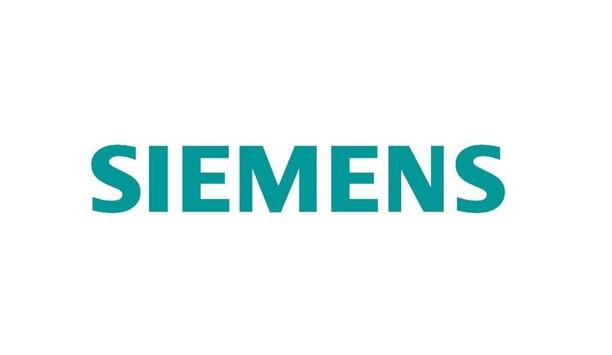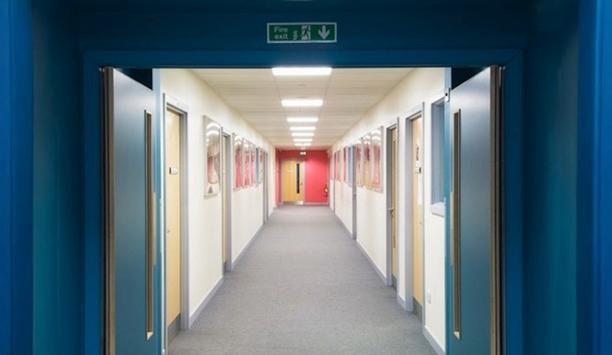 |
| Biomarine’s BioPak240R Revolution Rebreather is made using SABIC’s LNP™ FARADEX™ compound |
Rescue and HAZMAT workers, fire-fighters and miners depend upon self-contained breathing apparatus (SCBA) when working in extremely hazardous environments. So when Biomarine, an SCBA manufacturer based in Exton, Pa., needed to improve the impact strength and ability to dissipate static electricity for the external housing of its BioPak 240R Revolution rebreather, it turned to SABIC’s Innovative Plastics business. SABIC recommended replacing the existing polycarbonate (PC)-based compound with LNP™ FARADEX™ compound – which leverages proprietary LEXAN™ EXL copolymer technology and features electrically conductive stainless steel fibers – and provided world-class design and molding expertise. The result is a tougher apparatus housing with excellent electrostatic dissipation (ESD) and greatly enhanced aesthetics. The SABIC-Biomarine collaboration showcases SABIC’s ability to help solve key performance, quality and cost control challenges, giving customers a competitive edge in the markets they serve.
“The previous material was frequently brittle which often led to part breakage, and there were major inconsistencies in the electrostatic dissipation performance,” said J. Douglas Anderson, vice president, Biomarine. “Because of this we were rejecting entire lots, costing us a lot of time, money and resources. SABIC’s experts provided a solution to both problems in that the base copolymer in the FARADEX compound gave us 25 percent higher impact resistance than PC alone, and was compounded in such a way as to support superior electrostatic dissipation performance. SABIC also provided a wealth of application and engineering resources that were invaluable to the success of this project.”
“People who use Biomarine rebreathers need the highest standards of electrostatic dissipation and impact performance for protection and durability, especially in life-threatening situations,” said David Wildgoose, general manager, Innovative Plastics. “We were able to provide Biomarine with a stronger, more impact-resistant base material in LEXAN EXL copolymer, with the real key to the success being SABIC’s extensive compounding knowledge, which allowed us to co-develop a next-generation breathing apparatus for Biomarine that was safer, better and higher performing than the previous model. This innovation in polymer science is a major achievement, and we are proud to play a part in protecting those who risk their lives daily in some of the most hazardous and dangerous working conditions in the world.”
SABIC Compound Delivers High Performance and Consistent Quality
ESD capability is important for rebreathers because it provides a grounding path for any static charge that can build up in a plastic resin, causing potentially deadly sparks. FARADEX compound incorporates conductive stainless steel fibers throughout its base material to help dissipate static charges. Because the conductive property permeates the entire part, it helps to provide consistent protection, as the conductivity cannot be disrupted by surface scratches or nicks. As the base material, LEXAN EXL copolymer offers superior impact and low temperature ductility, as well as enhanced process ability, compared to standard PC grades. All LNP FARADEX compounds are Restriction of Hazardous Substances (RoHS) compliant, and grades based on non-brominated, non-chlorinated and flame retardant systems are available.
Another key attribute of LNP FARADEX compound is its ability to be pre-colored, avoiding the need for secondary painting. This material is also ideal for electromagnetic interference/radio frequency interference (EMI/RFI) shielding applications such as consumer and defense electronics, healthcare and industrial equipment and telecommunications hardware.
In addition to supplying the FARADEX material, SABIC’s team provided extensive technical support to Biomarine and the molder of the rebreather housing. These included recommendations on notch and snap-fit design, adjustments to gates and runners and assistance with color matching.
Anderson noted, “Since we replaced the previous material with FARADEX compound, static dissipation has improved dramatically and the problem of inconsistent incorporation of the stainless steel fiber has gone away. Since we no longer have to worry about bad lots of material or excessive scrap, it’s easier to meet our productivity, quality and cost control objectives. Feedback from our customers has been very good.”
The Biomarine BioPak240R Revolution is the most highly advanced, easiest-to-use four-hour rebreather ever offered. With six liters of tidal volume, it delivers the lowest resistance breathing of any rebreather available. A revolutionary, Solid Core Scrubber® carbon dioxide (CO2) scrubber design eliminates the need to measure and refill CO2 absorbent and the potential for refilling errors.
For additional information on SABIC’s resins for ESD and shielding applications, please go to www.sabic-ip.com. For technical product inquiries, please contact us at www.sabic-ip.com/prtechinquiry.
For additional information on Biomarine’s rebreather products, please go to www.biopak240r.com.











